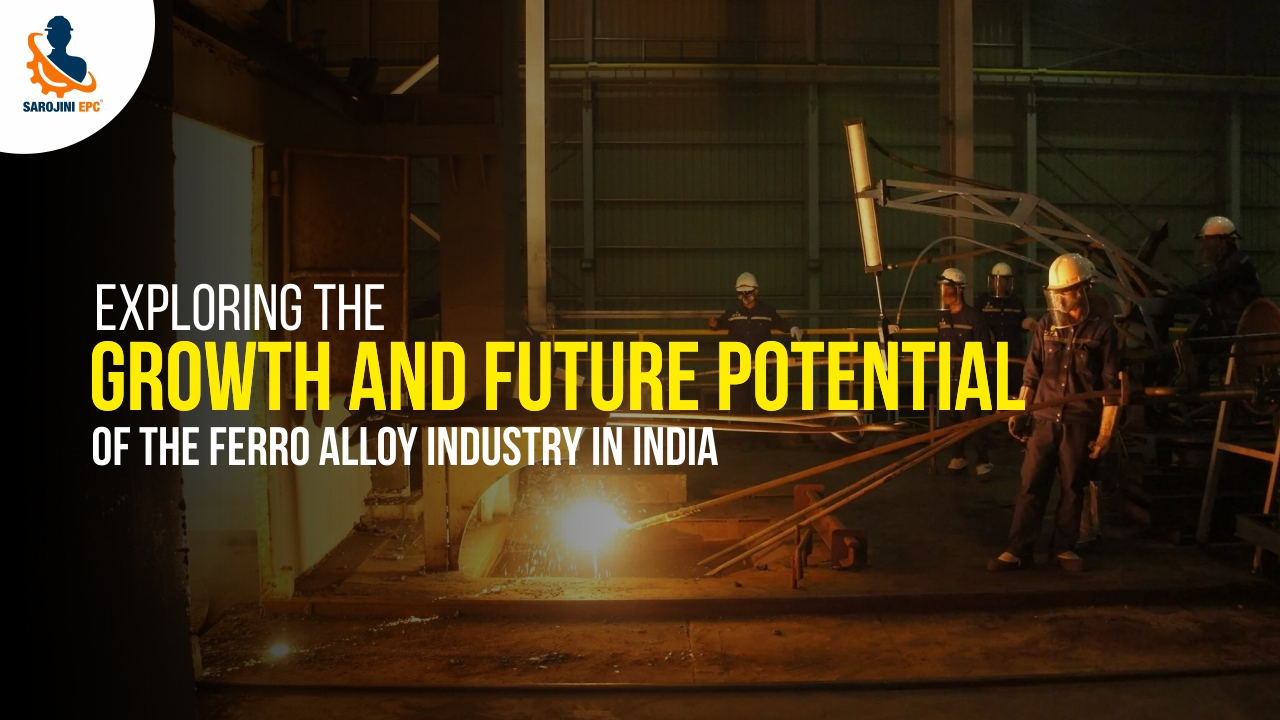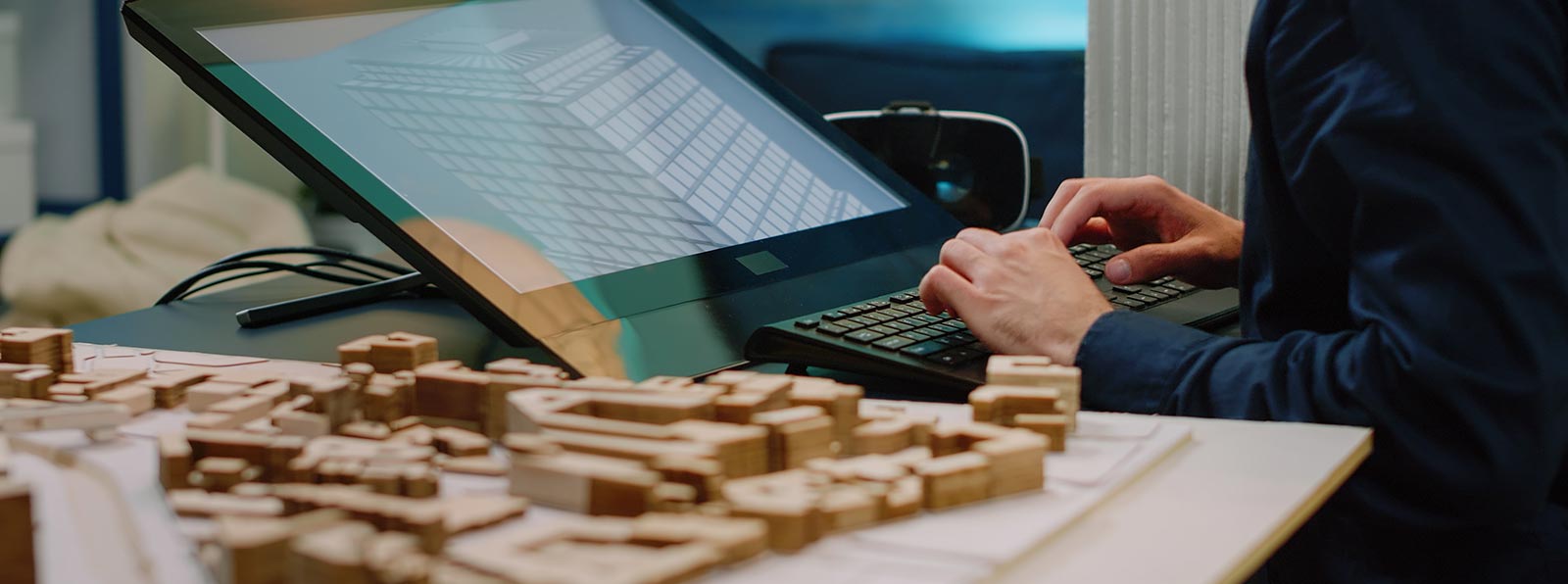Exploring the Growth and Future Potential of the Ferro Alloy Industry in India

The Ferro Alloy Industry has emerged as a crucial pillar in India’s industrial landscape, driving innovation and strengthening the nation’s position in the global metals market. As industries such as steel manufacturing, automotive, and construction continue to expand, the demand for high-quality ferroalloys has surged. These alloys, including ferro chrome, ferromanganese, and ferrosilicon, play an indispensable role in enhancing the strength, durability, and corrosion resistance of metals. For companies seeking reliable suppliers or partners in the sector, staying informed about the industry’s trajectory is essential.
India possesses significant advantages that contribute to the growth of its ferroalloy sector. The country is rich in mineral resources, including chromite, manganese ore, and quartz, which form the backbone of ferroalloy production. Additionally, a skilled workforce and increasing investment in technology-driven manufacturing processes have enabled Indian producers to maintain competitive quality standards. Organizations like Sarojini Group have leveraged these strengths to provide high-grade ferroalloys that meet the stringent requirements of diverse industrial applications.
The rising demand for stainless steel and specialty steels has been a key driver for the Ferro Alloy Industry. Stainless steel production, in particular, requires ferro chrome, which imparts hardness and resistance to corrosion. With infrastructure development projects and industrial expansion across India, steel consumption has seen consistent growth, creating a positive ripple effect on ferroalloy production. Domestic manufacturers are also exploring export opportunities, tapping into international markets where demand for durable and high-performance metals continues to rise.
Technological advancements have been instrumental in shaping the industry’s growth trajectory. Modern electric arc furnaces, advanced smelting techniques, and efficient energy management systems have enabled Indian manufacturers to optimize production, reduce costs, and enhance product quality. These innovations not only improve operational efficiency but also align with environmental sustainability objectives. Efficient production practices reduce greenhouse gas emissions and energy consumption, contributing to a greener industrial ecosystem.
The role of government policies and strategic initiatives cannot be overlooked. Policies aimed at promoting Make in India, enhancing mining infrastructure, and providing incentives for energy-efficient technologies have created a supportive environment for ferroalloy manufacturers. Furthermore, regulatory frameworks governing mineral extraction, environmental compliance, and quality standards ensure that the industry operates responsibly while meeting both domestic and international standards. Companies that adhere to these guidelines gain credibility and secure long-term business prospects.
India’s geographic advantage also contributes to its potential as a global ferroalloy hub. Proximity to major steel-consuming nations in Asia and access to ports for international trade enhance the country’s export capabilities. Several Indian ferroalloy manufacturers have developed integrated supply chains, ensuring timely delivery, product consistency, and competitive pricing. Such capabilities not only strengthen their domestic market position but also establish India as a reliable supplier on the global stage.
The future of the Ferro Alloy Industry in India is closely linked to emerging industrial trends. With the rapid growth of the electric vehicle sector, renewable energy infrastructure, and advanced machinery manufacturing, demand for specialized ferroalloys is expected to rise. High-performance alloys capable of withstanding extreme conditions are becoming essential for manufacturing components such as batteries, turbines, and precision tools. Companies that invest in research and development to produce custom alloy solutions are likely to gain a strategic edge.
Sustainability and resource efficiency are set to redefine production practices in the coming years. Recycling scrap metals, improving energy utilization, and exploring alternative raw materials are gaining importance. Indian manufacturers focusing on eco-friendly practices not only contribute to environmental conservation but also appeal to global clients who prioritize sustainable sourcing. This trend reinforces the reputation of Indian ferroalloy producers as responsible and forward-thinking industry players.
Collaboration between industry stakeholders, research institutions, and technology providers can further drive innovation. Knowledge sharing and strategic partnerships enable manufacturers to adopt cutting-edge production methods, improve alloy quality, and reduce operational risks. Such collaborations also support workforce skill development, ensuring that the sector continues to benefit from expertise in metallurgy, process engineering, and material science.
While the Ferro Alloy Industry in India has witnessed significant expansion, challenges such as fluctuating raw material prices, energy costs, and global market competition remain. Companies that implement robust risk management strategies, diversify supply chains, and maintain high-quality standards can navigate these challenges effectively. Firms like Sarojini Group emphasize reliability, precision, and industry compliance, positioning themselves as leaders in a competitive market.
Investment in digital transformation is another factor influencing the industry’s growth potential. Automation, data analytics, and smart manufacturing technologies allow real-time monitoring of production processes, predictive maintenance, and optimized resource management. Such advancements enhance efficiency, minimize downtime, and ensure consistent product quality, meeting the evolving demands of industrial clients.
The outlook for the Ferro Alloy Industry in India remains promising. With abundant raw materials, technological adoption, skilled labor, and a supportive regulatory environment, the sector is poised for steady growth. Manufacturers who prioritize innovation, sustainability, and customer-centric solutions are likely to capitalize on emerging opportunities, expand their market presence, and contribute to the broader industrial ecosystem.
The Ferro Alloy Industry in India is on a trajectory of sustained growth and diversification. Driven by increasing demand from steel and specialty metal sectors, supported by technological innovation and favorable policies, the industry is well-positioned for future expansion. Companies like Sarojini Group exemplify the standards of quality, reliability, and forward-thinking strategies necessary to thrive. By leveraging resources, embracing innovation, and maintaining environmental responsibility, Indian ferroalloy manufacturers can continue to strengthen their position domestically and internationally, shaping the next chapter of industrial excellence.
NEWSLETTER
Sign up your mailing list to get lastest Updates.

